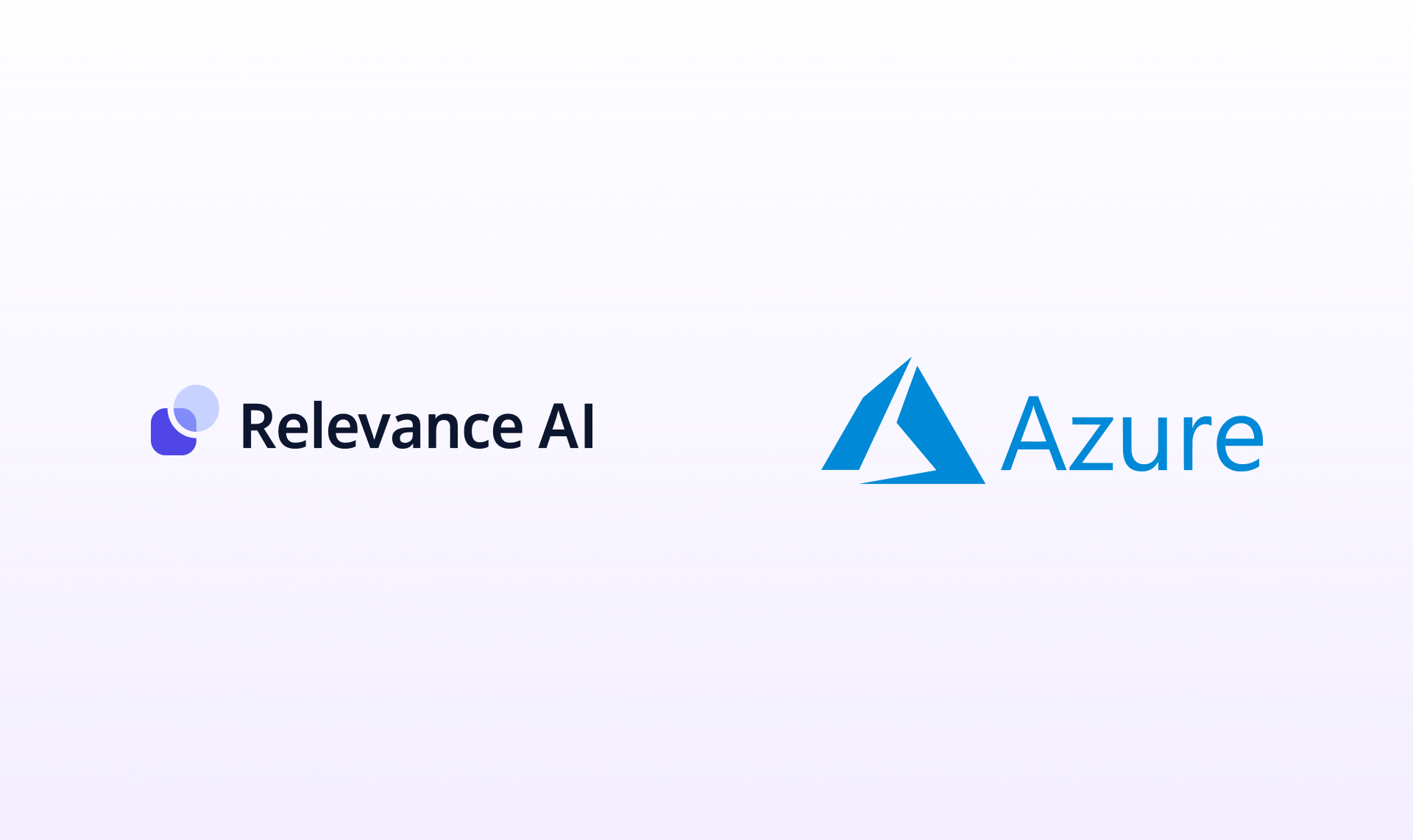
As AI Agents become a common part of our lives, understanding them is increasingly essential. This knowledge not only deepens your appreciation of AI's intricacies and possibilities but also equips you to create and manage AI systems more efficiently. So, let's take another journey into the AI agents' realm and familiarize ourselves with their diverse types
Introduction to AI Agents
AI agents are software entities that can perceive their environment, reason, learn from experience, and take actions to achieve specific goals. They can be as simple as a rule-following bot or as complex as a learning system that improves over time. We previously wrote a comprehensive guide on what AI Agents are.
The 5 types of AI Agents
Below, we examine the primary types of AI Agents, categorized by their dimensions of decision-making and adaptability. This is a widely popular classification.
1. Simple Reflex Agents: The Rule Followers
Simple reflex agents react based on a set of predefined rules. They don't have any memory or ability to learn. They're like robots that can only do exactly what they're programmed to do. They respond quickly based on a set rule.

2. Model-based Reflex Agents: Learning from the Past
Model-based reflex agents, on the other hand, consider their past experiences. They keep track of the state of the world they're operating in. It's like a robot vacuum cleaner that knows where it has already cleaned, so it doesn't go over the same spot multiple times.

3. Goal-based Agents: The Objective Achievers
Goal-based agents work towards achieving a specific objective. They plan actions and take steps to reach that goal, like a chess-playing robot trying to find its way through a maze to get to the exit.

4. Utility-based Agents: The Satisfaction Maximizers
Utility-based agents try to maximize some kind of reward or satisfaction measure. They take actions that result in the most optimal outcome according to that measure. It's like a robot trying to collect the most points in a game.

5. Learning Agents: The Constant Improvers
Finally, learning agents learn from their environment and improve over time. They get better at a task by practicing it. The more they interact with the world, the more skilled they become. Over time, they get better because they learn from their mistakes.

Hire your AI Agents today
Ready to explore the world of AI agents further? Sign up for Relevance AI for free and find or create your next AI employee in less than a few minutes. With Relevance AI, you can design and implement AI Agents.










